The power supply situation in Bangladesh has reached a critical point as dwindling generation exacerbates the ongoing energy crisis, particularly impacting regions outside the capital amid scorching temperatures. Rural areas, in particular, face severe shortages as authorities prioritize stabilizing supply in major cities to mitigate public unrest.
With temperatures soaring to 38.5 degrees Celsius, the plight of the populace worsens, prompting the Bangladesh Meteorological Department (BMD) to issue a heat alert for four divisions, including Dhaka. The heatwave, forecasted to persist for the next 72 hours, adds to the challenges faced by communities already grappling with power shortages.
Official data from the Power Grid Company of Bangladesh reveals a worsening power supply situation coinciding with the onset of summer in late March. Load shedding, initially observed at 200 MW on March 25, escalated rapidly, surpassing 850 MW by April 1 and reaching staggering levels of 1200-1650 MW daily thereafter.
On April 2, a record high load shedding of 1678 MW was recorded, highlighting the significant gap between supply and demand. Last year's highest generation of 15,104 MW, despite an installed capacity exceeding 25,000 MW, failed to meet demand, resulting in a shortfall of 3000-4000 MW due to constraints in gas supply.
Power Division officials anticipate this summer's demand to exceed 18,000 MW, mirroring last year's situation unless gas supply increases. However, Petrobangla officials cite delays in resuming production at the Summit Group's LNG terminal, further exacerbating gas supply shortages.
Engr. Md. Kamruzzaman Khan, director of Petrobangla, projects a potential addition of 500 MMCFD gas to the grid upon the terminal's operation. Yet, as of Thursday, the country's gas supply stands at 2640 MMCFD, significantly below the demand exceeding 4000 MMCFD, heightening concerns over escalating load shedding.



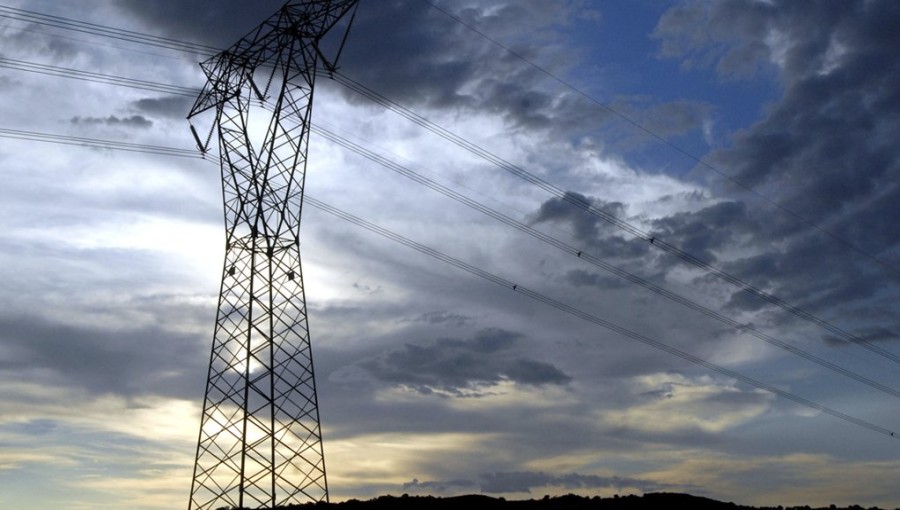

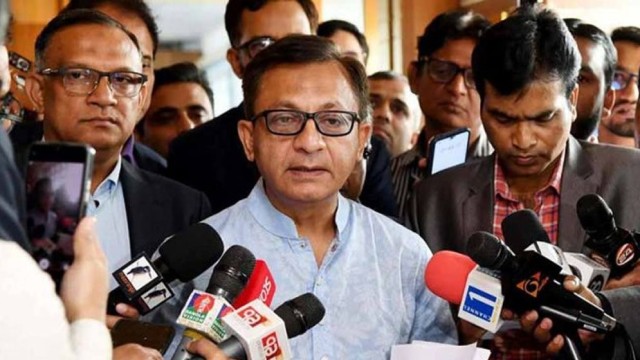
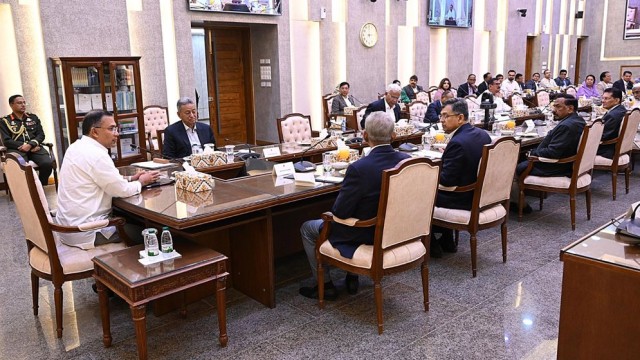








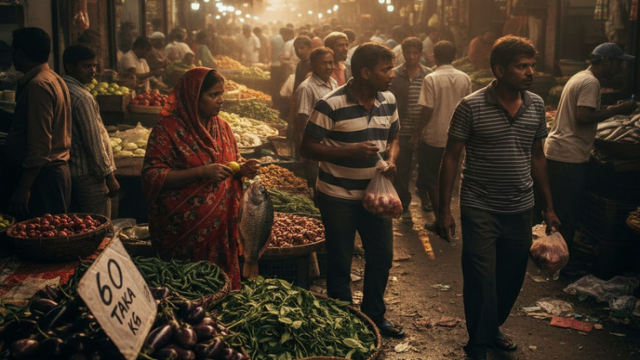
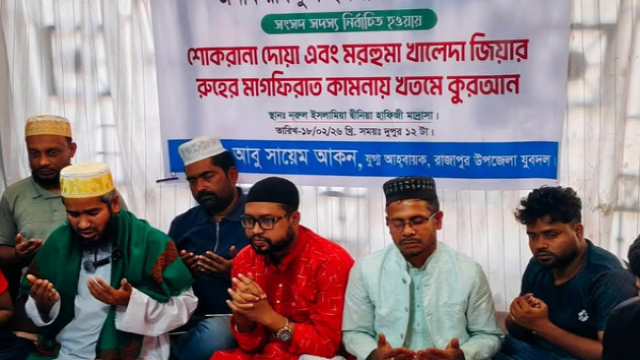
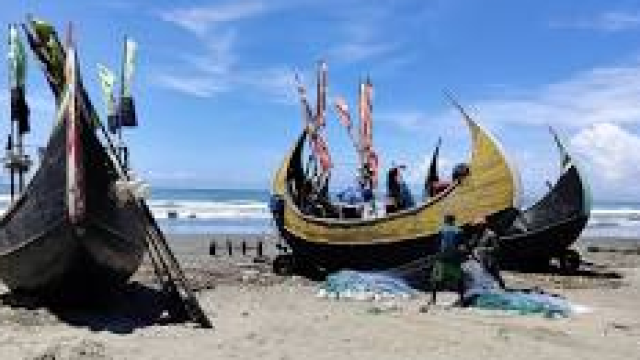
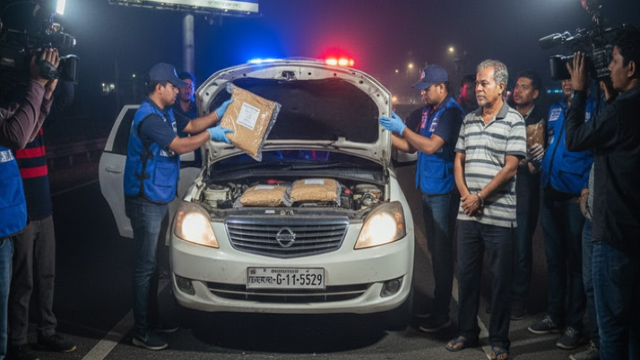












Comment: